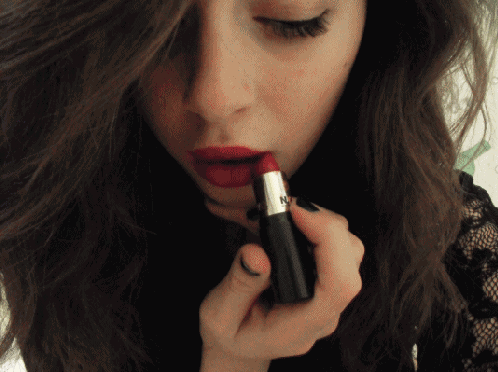Emma Koza joins SDTC for a four-part series entitled, Diary Of A Hostess. You can read part one here.
Part Two: The Problem With Pretty
There is a hierarchy in the hospitality industry front of house team. Bartenders are at the top. They are like gods. Everyone loves the bartender. Even the most miserable customers are happy to see the bartender. Where the hostess is a roadblock on their way to Friday night, the bartender is the open gateway welcoming their arrival. Servers are second, followed by support staff with hostesses finishing the line.
You might think that a hostess job is more glamorous than bussing tables, but that’s only because a big part of our job is looking glamorous. Hostessing isn’t just a job for girls; it is a job for pretty girls, as pointed out in the episode of Girls when Shoshanna and Ray tell Marnie she could easily get a “pretty person job,” like as a hostess but not a model.
When I still had braces and wasn’t allowed to wear makeup or shave my legs, I was bullied by the pretty popular girls in middle school. They did horrible things to me, making me crave their acceptance all the more. Now that I’m older I realize the problem was theirs, but when it was happening, I internalized it as if it were my fault. At some level I believed that if I was prettier, thinner and had smooth hair, they would be nice to me. So when I got hired for a “pretty person job,” my feminist ideals were pushed aside. Outward confirmation that I was pretty (and didn’t come from my mom) was a win the thirteen year old in me badly needed. I would be lying if I told you getting hired as a hostess didn’t boost my self-esteem.
Restaurant owners say that the hostess is the face of the restaurant, which is how I think so many of them get away with exclusively hiring cute girls. It’s similar to the way Abercrombie and Fitch calls their sales associates “models.” The fact that restaurant owners hire attractive people isn’t a secret and it applies to the whole FOH team, not just the hostess. And that still doesn’t make any sense to me; I don’t see how having an attractive person serve you food affects the dining experience.
A few weeks after starting my second hostess gig in the city, I was required to attend a new hire orientation. The company’s president spoke to us about standards and values of the company. He said that whether we liked it or not, the hospitality industry is a shallow one. He went on to say that as the company president he didn’t want to be pegged with the responsibility of telling us to brush our hair. Immediately his comment struck me as gendered and I couldn’t help but feel that this company value was targeted at the female employees.
I’ve always been a stickler of rules (lame, I know) and I understand the importance of looking appropriate, especially in a professional environment; however, I felt a little strange putting on a full face of makeup and high heels for a lunch shift. If a little bit of rain or a strong wind reversed the smooth effect of burning my hair every morning, or if I didn’t have time to shave my legs in the shower, I would spend my whole shift silently stressing over it.
I never felt comfortable with how much importance was placed on my appearance in terms of job performance. However much this initially boosted my self-esteem, the effect was short lived. Self-worth gained from vanity isn’t real; its foundation is superficial, much like vanity itself.
The real problem though with placing importance on looks is that looks are fickle. Job experience is invaluable, but cute girls are easily replaced. Dispensable as I was, I never felt like a valued member of the team. There is always someone more beautiful than you and chances are she just dropped off her resume.



 Follow Us On Instagram
Follow Us On Instagram
